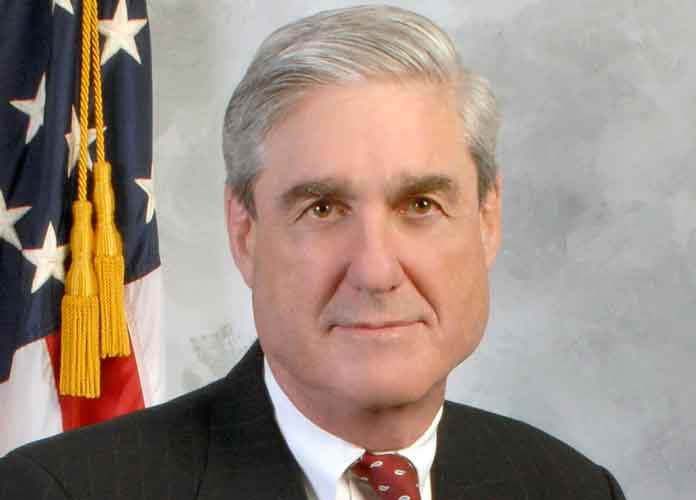Trump-Appointed Judge Dabney Friedrich Refuses To Let Russian Firm Avoid Mueller Charges
On Thursday, a federal judge appointed by President Donald Trump refused to let a Russian company avoid charges brought by special counsel Robert Mueller‘s team.
Mueller’s team accused the firm, Concord Management and Consulting, of conspiring to sow chaos and division in the months leading up to the 2016 U.S. election. U.S. District Judge Dabney Friedrich, who was confirmed by the Senate in July 2017, had previously denied the Russian company’s challenge to the special counsel’s appointment and his authority to launch a prosecution against Concord. Friedrich’s latest action marks the second time Concord lost a fight against claims brought by Mueller. The judge officially started her new position in December.
Friedrich did not accept Concord’s argument that Mueller had failed to allege a conspiracy theory that violated any type of federal law. Concord’s defense attorneys reportedly slammed the indictment by saying the special counsel’s charges against it of interfering in an American election were “make believe.” The firm also argued that the charges brought against it were presented in a vague and unconstitutional way, although Friedrich ruled against this claim on Thursday.
“First, the indictment need not provide a detailed account of the manner and means the defendants used in accomplishing the object of the conspiracy,” Friedrich wrote. “The indictment alleges that the defendants agreed to a course of conduct that would violate FECA and FARA’s disclosure requirements and provides specific examples of the kinds of expenditures and activities that required disclosure,” she wrote, referring to a pair of federal laws—Federal Election Campaign Act and the Foreign Agents Registration Act—requiring disclosure of political activity. Friedrich added: “At this stage, that is more than enough.”
Subscribe to our free weekly newsletter!
A week of political news in your in-box.
We find the news you need to know, so you don't have to.
SLIDESHOW: DONALD TRUMP’S 30 CRAZIEST TWEETS
Concord was one of 16 Russian organizations and individuals charged in February for attempting to escape American authorities who were working toward eliminating foreign meddling in the U.S. election. Prosecutors claimed that the Russians had tried to evade campaign finance disclosures as part of their plot to interfere in the American political process.
Trump, Concord and some of the president’s allies have claimed the appointment of Mueller is unconstitutional. However, Friedrich ruled in August that this appointment in no way violated separation-of-power rules and that Mueller was fully authorized to investigate Concord.
The U.S. Court of Appeals in D.C. continues to assess the legality of Mueller’s appointment. Some legal experts think Mueller may have already subpoenaed Trump directly in the Russia probe.
Get the most-revealing celebrity conversations with the uInterview podcast!








Leave a comment